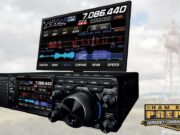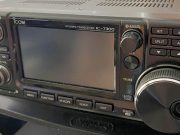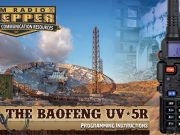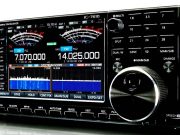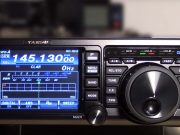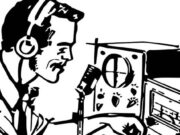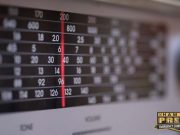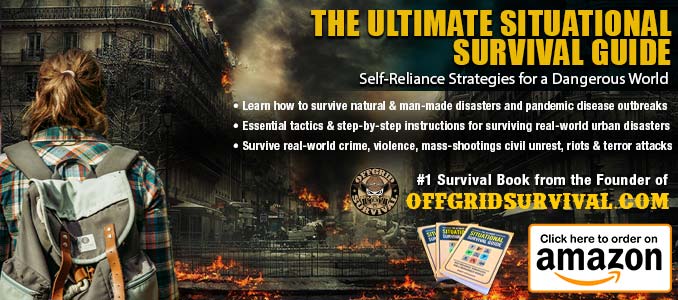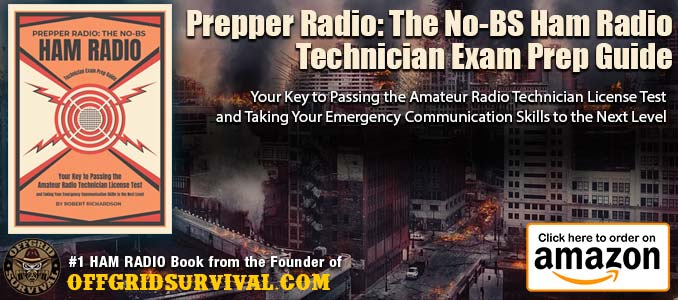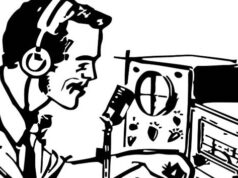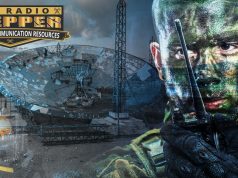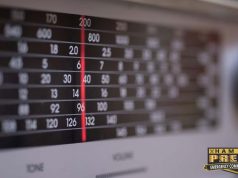Yes, even in the age of cell phones, mobile apps, and social media, amateur radio operators still play a vital role in shaping our future. They are also invaluable during crises and play an important role in disaster response. When traditional communication methods fail, and networks become overloaded, hams are often the last line of communication. Here are just a few of the ways that amateur radio operators provide vital support during large-scale disasters:
Establishing Communication Networks: Ham radio operators can establish communication networks in disaster areas that have lost power or communication lines. With little power, in some cases with little more battery power than the average cell phone, a ham radio operator can help send messages localy and throughout the world.
Providing Emergency Communication: Hams often help rescuers communicate during a disaster by relaying messages between rescue personnel, medical facilities, and emergency response teams. They can also communicate with families and loved ones seeking information about their loved ones.
Supporting Emergency Response Teams: Hams can support emergency response teams by providing critical communication services. They can relay messages from the emergency response team to the headquarters and provide real-time updates on the situation on the ground.
Supporting Search and Rescue Operations: Hams often support search and rescue teams by providing real-time updates during missing person operations.
Helping with Weather Warnings: Hams can provide weather warnings during a disaster by monitoring the National Oceanic and Atmospheric Administration (NOAA) weather radio network. They can also provide real-time weather updates to emergency response teams and the general public.
One of the most important aspects of amateur radio is our ability to help during large-scale disasters like hurricanes, tsunamis, earthquakes, and man-made disasters or terror attacks.

 <
<
